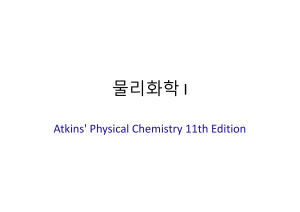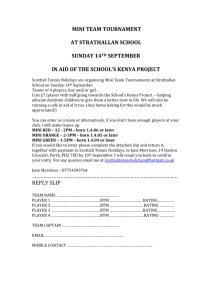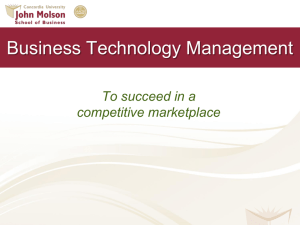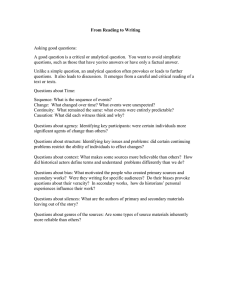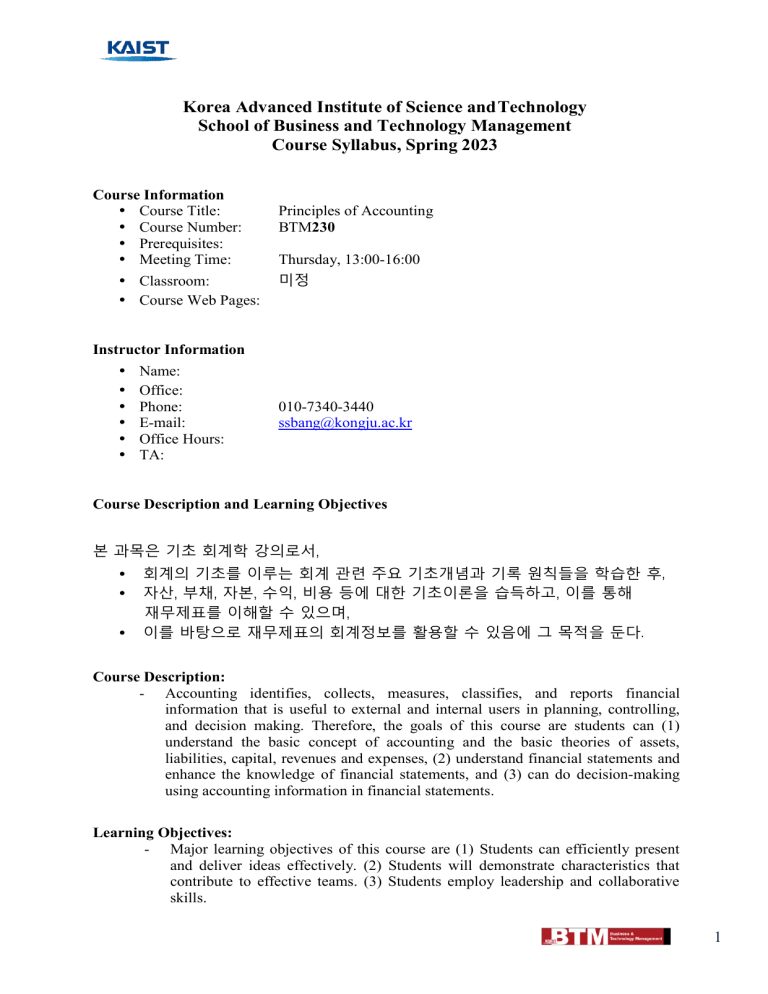
Korea Advanced Institute of Science and Technology School of Business and Technology Management Course Syllabus, Spring 2023 Course Information Course Title: Course Number: Prerequisites: Meeting Time: Classroom: Course Web Pages: Instructor Information Name: Office: Phone: E-mail: Office Hours: TA: Principles of Accounting BTM230 Thursday, 13:00-16:00 미정 010-7340-3440 ssbang@kongju.ac.kr Course Description and Learning Objectives 본 과목은 기초 회계학 강의로서, 회계의 기초를 이루는 회계 관련 주요 기초개념과 기록 원칙들을 학습한 후, 자산, 부채, 자본, 수익, 비용 등에 대한 기초이론을 습득하고, 이를 통해 재무제표를 이해할 수 있으며, 이를 바탕으로 재무제표의 회계정보를 활용할 수 있음에 그 목적을 둔다. Course Description: - Accounting identifies, collects, measures, classifies, and reports financial information that is useful to external and internal users in planning, controlling, and decision making. Therefore, the goals of this course are students can (1) understand the basic concept of accounting and the basic theories of assets, liabilities, capital, revenues and expenses, (2) understand financial statements and enhance the knowledge of financial statements, and (3) can do decision-making using accounting information in financial statements. Learning Objectives: - Major learning objectives of this course are (1) Students can efficiently present and deliver ideas effectively. (2) Students will demonstrate characteristics that contribute to effective teams. (3) Students employ leadership and collaborative skills. 1 - Therefore, (1) students are required to submit individual research reports related to global accounting issues such as accounting fraud, and other global accounting issues. Also, (2) students are required to make presentations of individual research reports at the end of semester. In addition, (3) students are required to discuss the individual research reports. Expected Learning Outcomes Students can have fundamental quantitative analytical skills. Students can have basic knowledge on theory, literature, and trend in their research field. Students can create well-written professional research papers in English. Students can be able to efficiently deliver their research ideas, analytical results, and academic contribution in English. Students can be able to identify the gap in the literature, and develop new research idea about their research field. Students can be able to analyze the new research ideas using qualitative or quantitative analytical skills. Course Materials Required Text Book: TBA IFRS 회계원리, 10 판, 이효익 저, 신영사, 2022. (11 판이 나올 경우 최신판으로) Accounting Principles, 13th Edition, Jerry J. Weygandt 외, Wiley, 2018. Additional Reading See the DART system (http://dart.fss.or.kr/). Companies filing in the US, see the EDGAR system (http://www.sec.gov/edgar/searchedgar/webusers.htm). Grading Policy Midterm Exam Final Exam Report paper and Presentation Homework Attendance/Participation Total 25% 35% 20% 10% 10% ( ‒2 points per absence ) 100% Course Requirements Classes are mainly composed of lectures, participations and discussions. Students are required to submit individual research reports at the end of week 14 and make presentation. Materials for the reports will be discussed in the class time. Each class, students are required to study assigned text materials and do exercises and handouts. 2 Tentative Course Schedule Week 1 Chapter and Topic Assignment 과목소개 - 과목 소개 향후 강의 계획, 회계에 대한 소개 PART 1. 2 기업과 회계 시스템의 관계 및 재무제표 - 기업 활동과 회계시스템, 재무제표의 작성 기본 원리 - 필수 재무제표의 소개 및 한계점 3 회계거래의 기록 - 회계 거래와 부기 - 복식 부기란 무엇인가? 4 회계거래의 기록 - 2 - 분개 - 분개 실습 5 회계거래의 기록과 재무제표 작성 - 수정분개가 없는 경우의 분개, 전기, 계정의 마감 6 발생주의와 수정분개 - 발생주의와 현금주의에 대한 소개 및 수정 분개 유인물 - 수정 분개 관련 연습 7 종합예제 – 회계순환과정의 완료 8 중간고사 PART 2. 9 재무제표와 계정과목의 이해 - 현금 및 수취채권 이란 무엇인가? 10 재무제표와 계정과목의 이해 - 재고자산이란 무엇인가? 3 11 재무제표와 계정과목의 이해 - 유형자산이란 무엇인가? 12 재무제표와 계정과목의 이해 - 금융부채란 무엇인가? 13 재무제표와 계정과목의 이해 - 금융자산이란 무엇인가? PART 3. 14 재무제표분석 - 재무제표 분석이란 무엇인가? - 재무제표분석 방법론과 실제분석 15 재무제표분석 - 실제분석 16 유인물 기말고사 This schedule is subject to change if necessary. Academic Honor Code of BTM (School of Business and Technology Management) Academic integrity and honesty are critical values of KAIST community. It is essential to the academic integrity of this community that students do their own work and properly acknowledge the ideas, sources, and assistance upon which that work is based. As a member of KAIST BTM community, all students including those who take BTM courses are expected to adhere to the principles of truth, integrity, and respect. Failure to comply with the Honor Code may result in disciplinary action including failure of the course. Academic dishonesty includes but is not limited to the following: • • • • • Cheating: Copying from another’s examination paper, solutions, assignments, or allowing another to copy from one’s own. Plagiarism: Using another person’s original work without giving appropriate credit to or acknowledging the authors or sources Self-plagiarism: Submitting one piece of work in more than one course without the explicit permission of the instructors involved. Misrepresentation of authorship: Submitting work as one’s own which has been prepared by or purchased from another. Unpermitted collaboration or aid: Giving or receiving unpermitted aid on exams or assignments. 4 KI1IST Any member ofthe BTM community who believes that violation of academic dishonesty has occurrεd should bring the matter to the attention ofthε department chair. The departmεnt chair will assign members of Academic Rζview Committee (학사심의회) to conduct a thorou 방 1investigation and if necεssary,request a due process to university. 릎:}‘미 5

